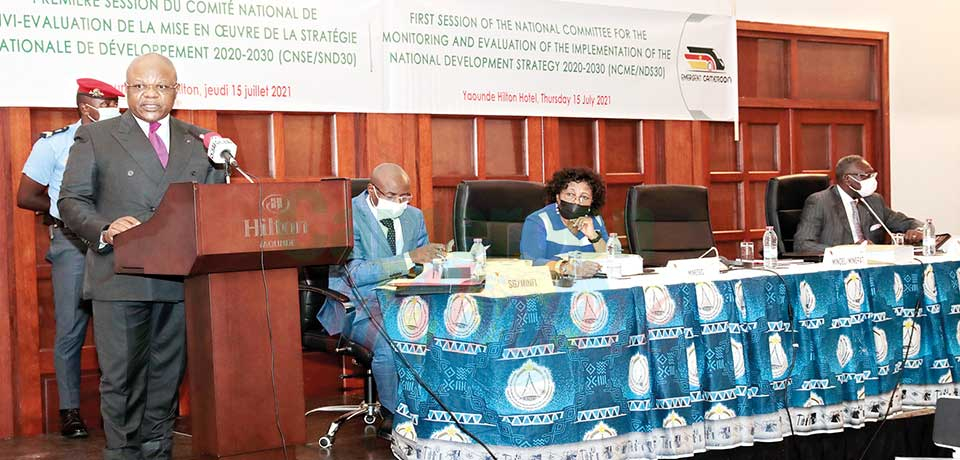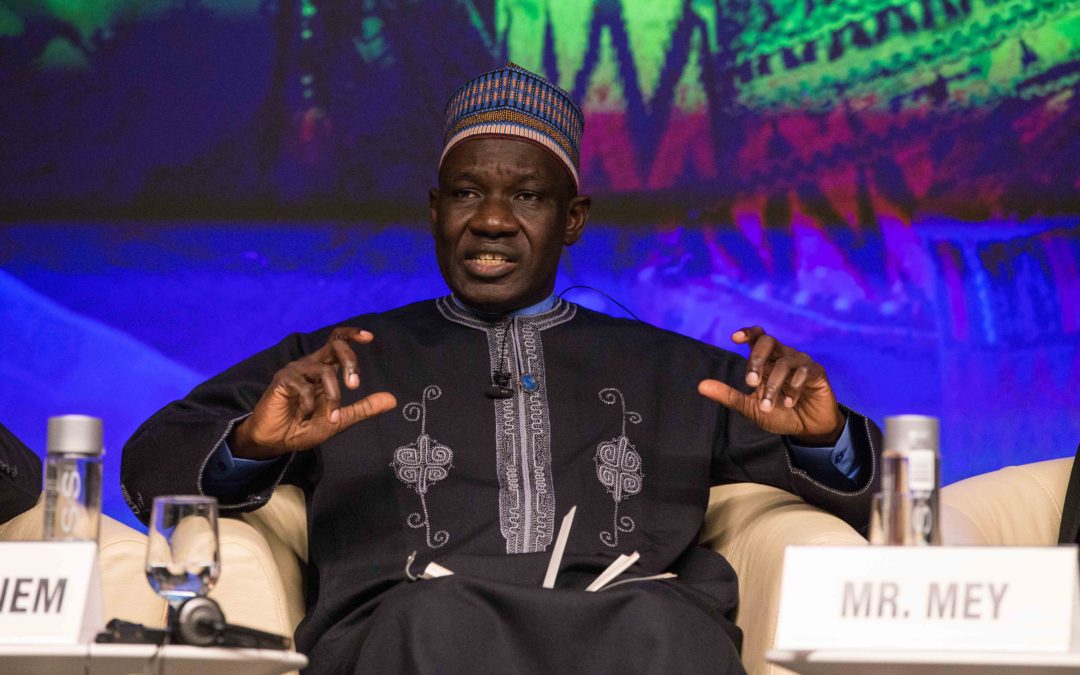As part of the implementation of its industrial policy, the public authorities are mobilising various instruments to support the sector’s production units.
T he operationalisation of Cameroon’s industrial policy is based on the targeting of the interventions to be carried out, in accordance with the guidelines of the NDS30. In addition to the modernisation of production infrastructure, which has been ongoing since 2010 with the implementation of structural projects in various fields (ICT, energy, transport, etc.), the State provides manufacturers with tax and customs incentives and direct sup[1]port in the form of investment subsidies. As regards tax and customs advantages, in addition to the exemptions granted by the Law of 18 April 2013 on private investment incentives, industrial companies also benefit from a range of exemptions provided for in the various Finance Laws.
By way of illustration, under article 124 A of the Finance Law for the 2023 financial year, economic operators engaged in the domestic processing of raw materials from agriculture, in the broadest sense, leather products and cabinetmaking, benefit from a 50% reduction in the monthly advance payment and income tax, as well as a minimum collection charge. ECONOMIC GOVERNANCE The government strategizes on lending support to businesses As part of the implementation of its industrial policy, the public authorities are mobilising various instruments to support the sector’s production units. NDS 30 FILE This allowance is valid for a period of 5 years from 1 January 2023. In addition, there are other tax breaks on imported capital and production goods, to help modernise production facilities. In other words, the State’s tax policy is not just about raising revenue; it is also about supporting the government’s economic policies.
Multifaceted support
In addition, wealth creators in the industrial sector receive direct sup ort from the State. One such company is Synergie Nord-Sud, based in Nkongsamba (Littoral) and specialising in coffee processing. In 2021, this unit benefited from a government subsidy that enabed it to acquire a complete ground coffee production line (300kg/ha), and a complete capsule storage and sealing production line (35 capsules/minute).
In addition, the government is encouraging local secondary and tertiary wood processing, with the aim of sustainably improving the econo[1]mic added value of this sector. To this end, it has made wood drying and machining equipment available to 14 production units in 8 regions of the country. This includes CEB La Meublerie, based in Douala. In the same vein, the Cotton Development Company (SODECOTON), one of the flagships of the agro-industry, benefited in 2021, as part of the modernisation of its production facilities in line with its recovery plan, from substantial funds for the construction and operation of the Gouna ginning plant and the construction of two warehouses. The government intends to maintain this momentum in order to achieve its ambition of making Cameroon a newly industrialised country by 2030.
By Adonis ABONDO
Source : Emerging Cameroon





0 Comments